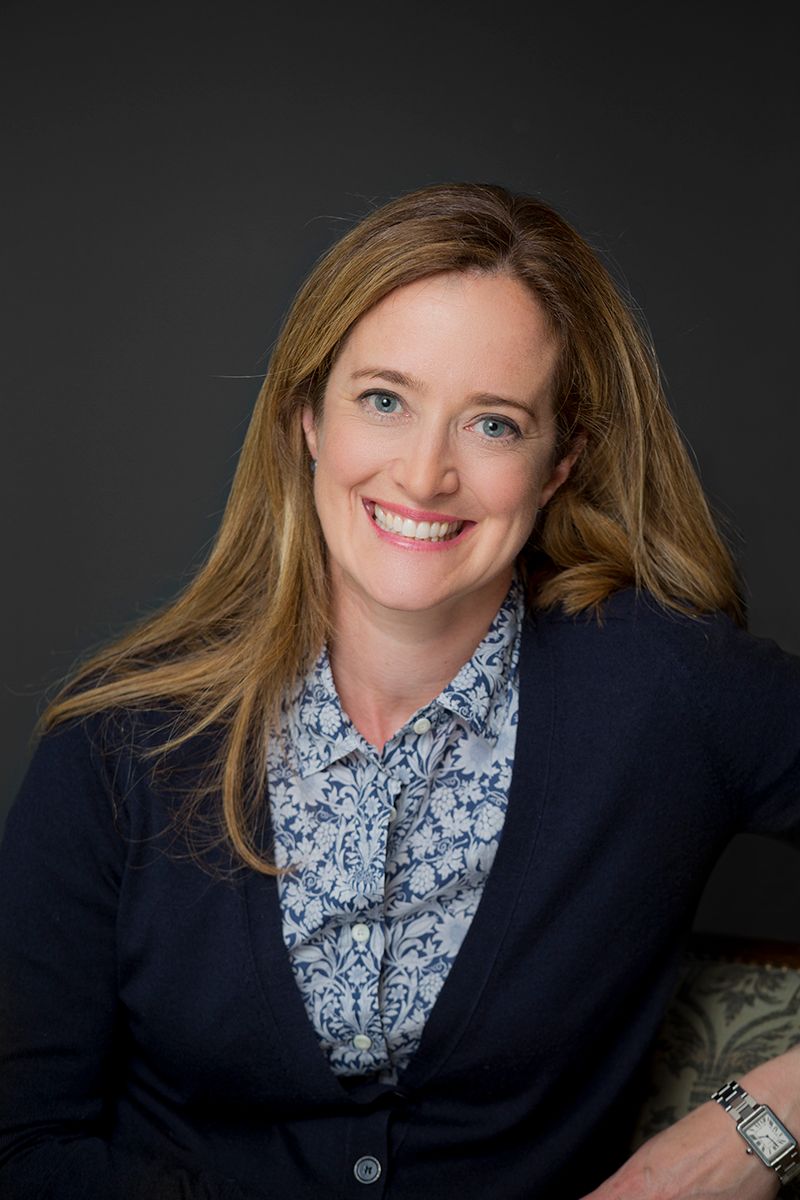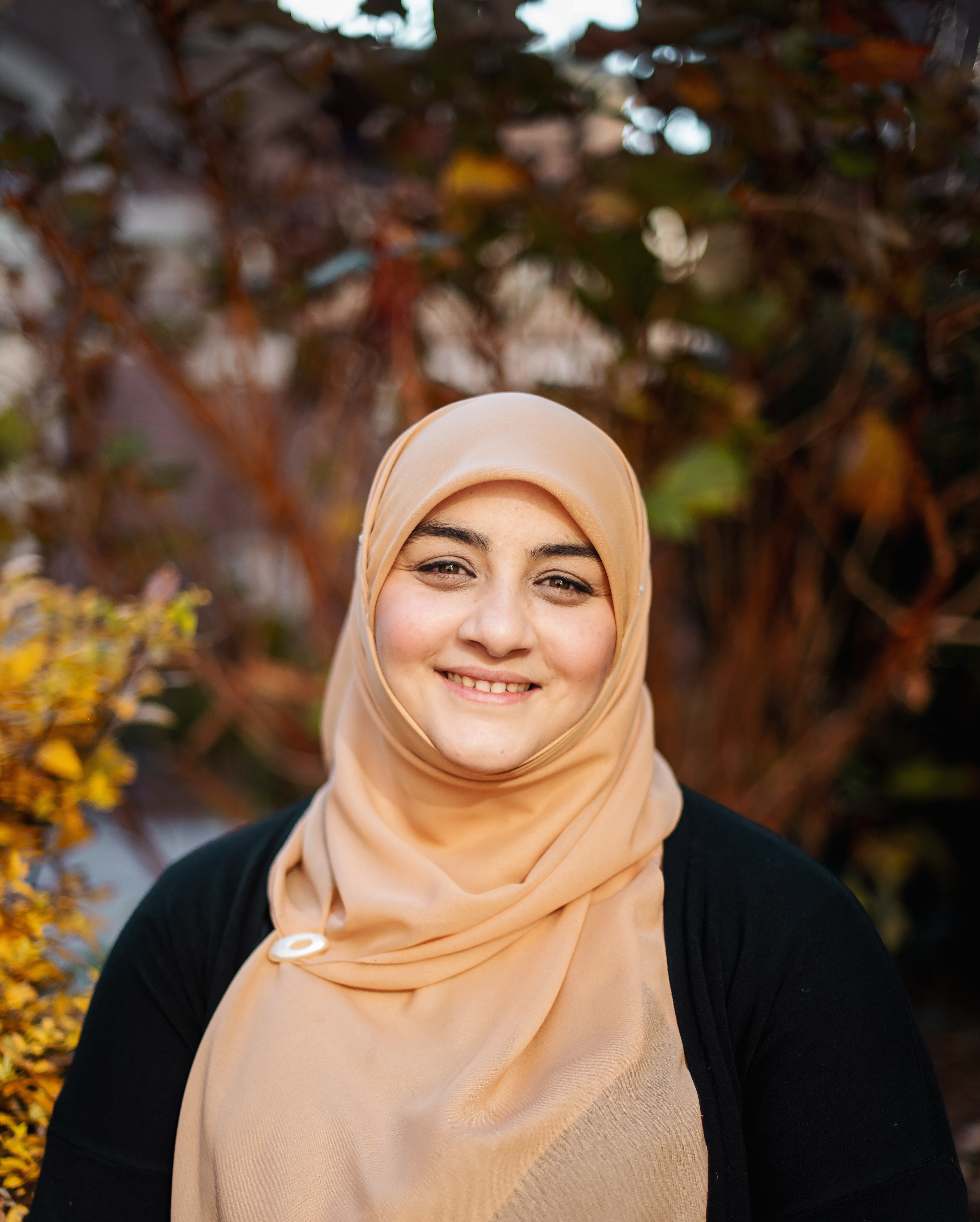Visiting Scholars
A visiting scholar from the University of New South Wales, Dr. Alvin Kuowei Tay brings extensive experience with refugees suffering from Post-Traumatic Stress Disorder (PTSD) to the Global Mental Health (GMH) Lab at Teachers College. Founded by Dr. Tay’s faculty host and Dr. Helen Verdeli, the Lab has worked for years with under-resourced populations in developing countries.
Dr. Tay was testing a novel psychosocial therapy he developed in Bangladesh with the United Nations High Commissioner on Human Rights (UNHCR) when he discovered the Lab through its work with Rohingya refugees fleeing persecution by Myanmar’s government. For the past three years, in collaboration with UNHC, the Lab has been evaluating the effectiveness of Interpersonal Psychotherapy (IPT) for refugees like the Rohingya. Now, Dr. Tay is contributing his expertise to the Lab’s work on sustainable mental health solutions for refugee populations. Even though he admits that there will probably never be enough mental health professionals to meet the needs of the world’s refugees, he believes this research is still critical to the ongoing effort.
Dr. Tay has always been interested in working with refugees, but how he planned to do so has changed significantly over the years. Having abandoned studies in law, he ended up pursuing a masters (in forensic/clinical psychology) followed by a doctorate in medicine (with a focus on psychiatric epidemiology) at the South-western Clinical School of the University of New South Wales. It was there that Dr. Tay began working with refugees from West Papua and Papua New Guinea. He also researched post-conflict mental health in East Timor, the site of genocide perpetrated by the Indonesian government prior to the country’s independence in 2002. Since then, Dr. Tay has been working in Bangladesh and Malaysia with refugees from the Rohingya, Chin, and Kachin ethnic groups. More recently, as a National Health and Medical Research Council (NHMRC) Australia Clinical Fellow, Dr. Tay devoted time to designing and leading epidemiological and clinical research studies, and testing adapted forms of psycho-social therapies in low-resource and emergency contexts based on the work he has conducted since 2014.
It was in Australia that Dr. Tay initiated his current course of study and work on global and refugee mental health. While writing reports for the immigration services in Australia as an expert psychologist, he witnessed how the process of seeking asylum can re-traumatize refugees. At a time when governments in wealthy nations are under tremendous popular pressure to keep migrant numbers low, asylum applicants come under a great deal of scrutiny by immigration officials. Oftentimes, refugees are forced to undergo repeated interrogations and hearings while awaiting final decisions in detention centers with very limited services and amenities. In addition, Immigration officials doggedly pursue discrepancies in applicants’ testimonies in order to justify deportation. However, many refugees suffer from memory problems triggered by the initial trauma of fleeing their home countries; these problems can make them more likely to make innocent mistakes during hearings. Adding to this, the records in the refugee’s home country may be incorrect, which may lead to misunderstandings during the testimonies. All of these factors play a major part not only in whether or not a refugee is deported, but also how the entire experience impacts the person going forward.
With these research experiences, it made sense then for Dr. Tay to seek out the GMH Lab. The Lab’s unique focus on mental health for displaced populations, as well as its dedication to addressing gaps in mental health resources for said populations drew Dr. Tay to Teachers College. “Dr. Verdeli’s Lab is one of the few labs that specifically focuses on mental health in developing countries [and] in post-conflict countries,” he explained. Refugee populations have experiences that span many different kinds of trauma.
Dr. Tay is in his second semester at Teachers College. In addition, he is working with the United Nations at their headquarters in Manhattan. He looks forward to taking more time to explore Teachers College and its programs before he returns to Australia.
Dr. Jennifer McQuaid pursued a Masters in Applied Child Development before earning her PhD in Clinical Psychology from Teachers College, Columbia University. For over two decades, she has worked at the intersection of maternal and child health, gender-based violence, and child development - translating research into practice for at-risk adults, children and families, refugees and asylum seekers.
As a clinical psychologist affiliated with both the GMHLab at TC, Columbia University and the Yale Center for Asylum Medicine, Dr. McQuaid develops initiatives, designs programs, and researches topics related to asylum seekers as they seek to overcome trauma and persecution. Her interest in asylum seekers developed over twelve years at Sanctuary for Families, NYC, NY State’s largest service provider for survivors of gender-based violence. As Sanctuary’s Clinical Psychologist, Dr. McQuaid witnessed the impact of individual displacement and gender-based violence on women’s mental health and capacity to parent, as well as the deep potential of therapeutic interventions placed in non-traditional settings. Having worked with asylum seekers’ narratives of trauma, migration and resettlement for over a decade, she has seen firsthand how
depression and post-traumatic stress symptoms decrease an individual’s ability to fully engage in the support and services that aid recovery and resettlement. Seeking to bridge clinical and research interests, she became affiliated with Dr. Helen Verdeli’s Global Mental Health Lab at Teachers College and is pursuing training in Interpersonal Psychotherapy for Depression (IPT).
Dr. McQuaid maintains a private practice where she treats adults, adolescents and children. She frequently serves as an expert witness for legal teams representing individuals seeking immigration relief in the United States (asylum, trafficking visas, parent-child separation cases, and The Hague Convention on International Child Abduction). She enjoys supervising and teaching medical and psychological trainees through observation and case studies.
Dr. Venus Mahmoodi is an Affiliate Scholar with the Global Mental Health Lab and Adjunct Assistant Professor of Psychology at Teachers College, Columbia University. Dr. Mahmoodi’s research focuses on perinatal mental health in the Muslim and global communities, including understanding the sociodemographic characteristics, finding effective interventions, and building support networks for these vulnerable groups. She is currently working on several manuscripts based on her dissertation research as well as seeking funding to continue building her program of research.
Clinically, Dr. Mahmoodi is the Managing Director and Licensed Clinical Psychologist at the Khalil Center - New York City, a Muslim mental health clinic. At the Khalil Center, she provides psychotherapy for Muslim patients, engages in outreach within the Muslim community, and supervises clinical interns. Her clinical work focuses on utilizing evidence-based psychological interventions as well as spiritually-integrated psychotherapy for the Muslim population. She also provides trainings on both adult and adolescent perinatal mental health to clinicians wishing to specialize in perinatal mental health.
Dr. Mahmoodi earned her PhD in Clinical Psychology in 2017 from Palo Alto University’s APA-accredited Pacific Graduate School of Psychology. Throughout her graduate training, she received clinical experience in an intensive outpatient program for perinatal women, neuropsychological testing for veterans, and specialized training and treatment of torture survivors. She completed her APA-accredited internship at Mount Sinai Beth Israel, focusing on childhood trauma, inpatient care, and outpatient adult care. Dr. Mahmoodi completed her post-doctoral training at the Seleni Institute, where she specialized in perinatal mood and anxiety disorders, perinatal loss, and infertility.


